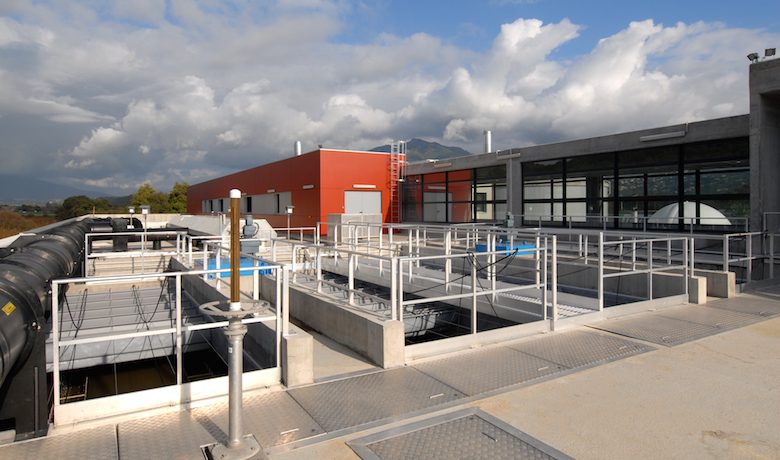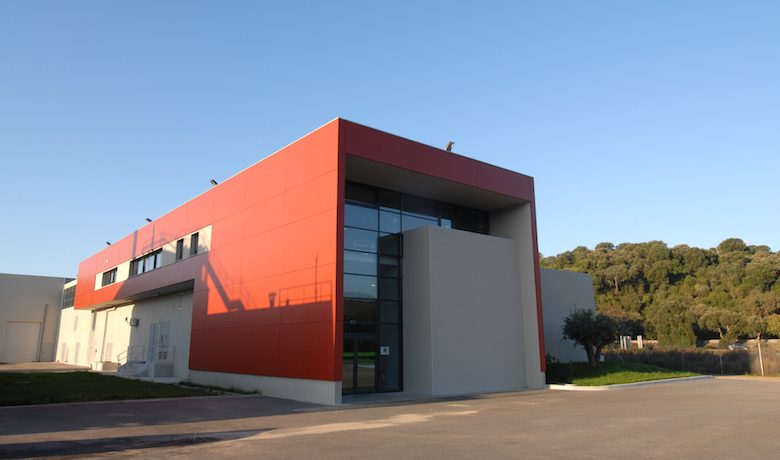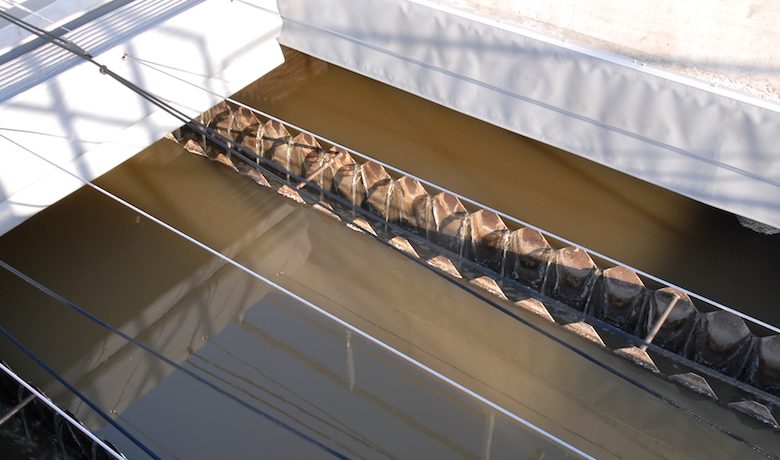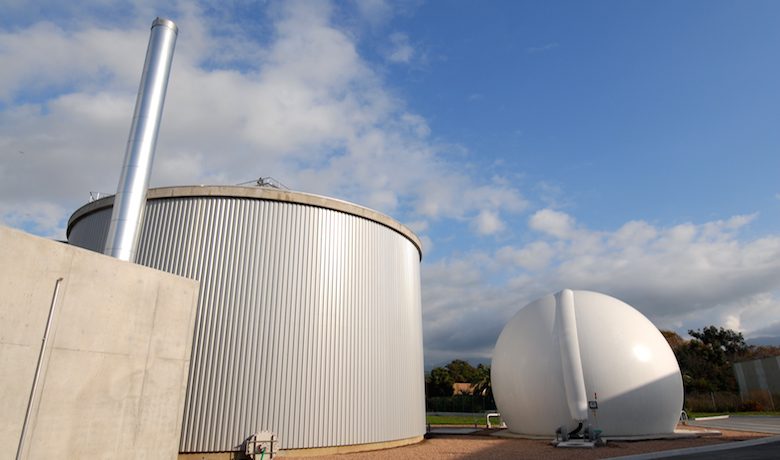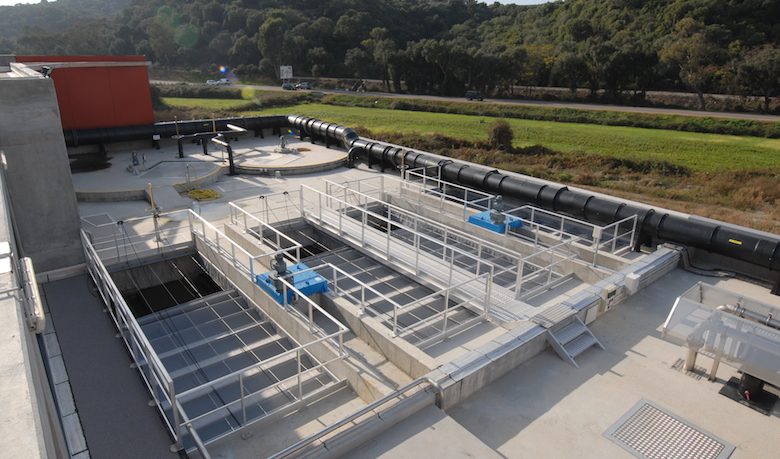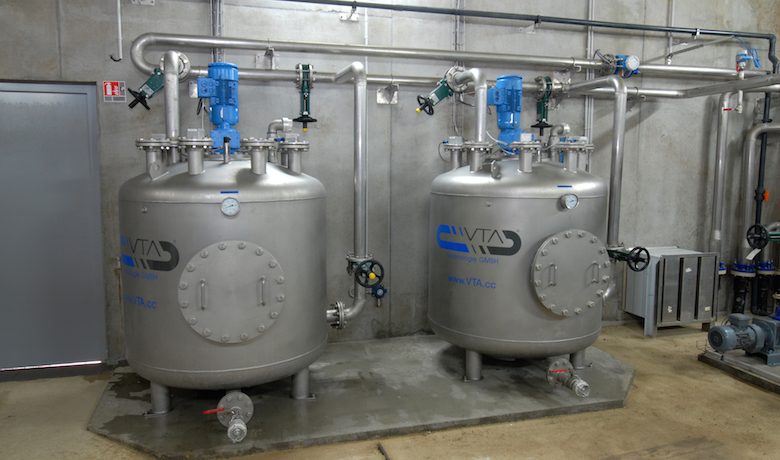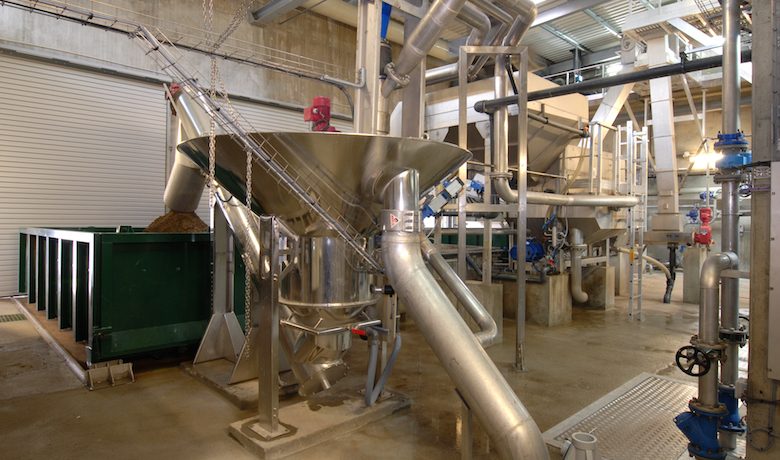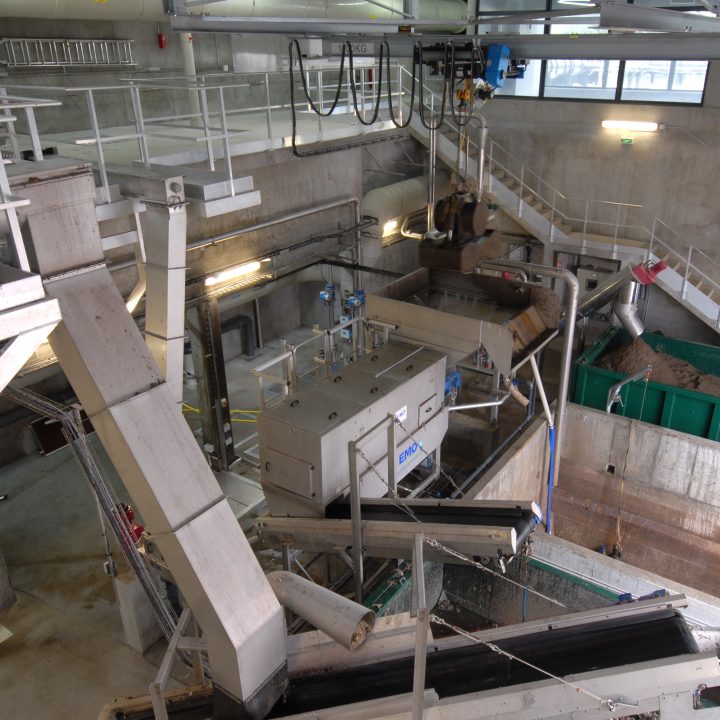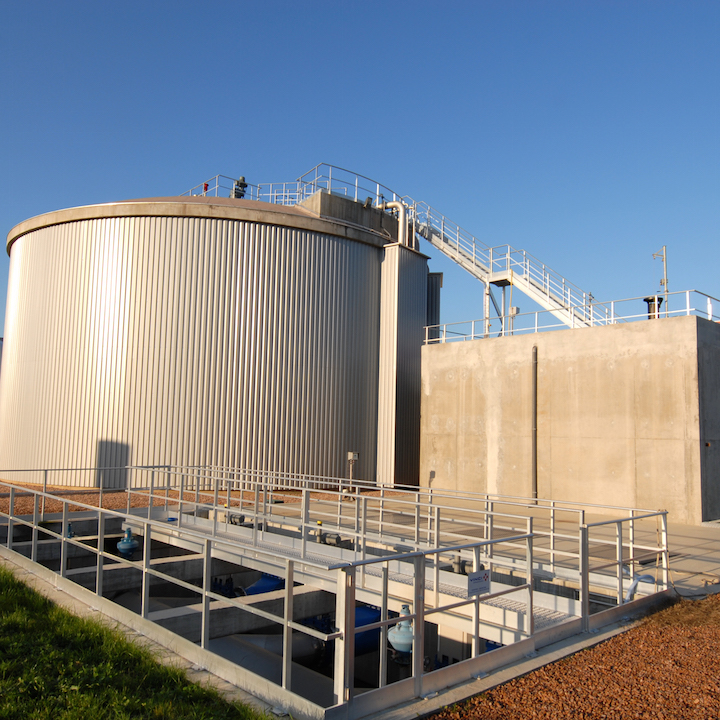IMPACT
The new wastewater treatment plant has sufficient capacity to serve the needs of new areas and contribute to the region’s urban and economic development.
As a major investment of the “Horizon 2013” agreement, whose goal is to contribute to cleaning up the Mediterranean, the project gives the CAPA a leading-edge solution for the treatment of wastewater and sludge from the process.
This project successfully reconciled concern for the environment with economic needs. Sludge treatment using ultrasound reduces by about 20% the quantity of sludge produced and reduces the cost of its evacuation and treatment by as much. Also, as the sludge is digested by bacteria, the biogas thus produced powers five microturbines, which covers a significant percentage of the site’s electricity needs.
The plant also has an all new “Compteur Environnemental™” (“environmental meter”) software to identify and quantify remedial actions to be taken to reduce the environmental footprint.
In this project, everything was conceived to reduce carbon emissions. So, the distances between raw material suppliers (concrete plant located 3 km from the plant compared with 30 km on average in France for most sites) and the wastewater treatment plant were minimised. The steel was produced in Italy and the wood was from Corsica.


